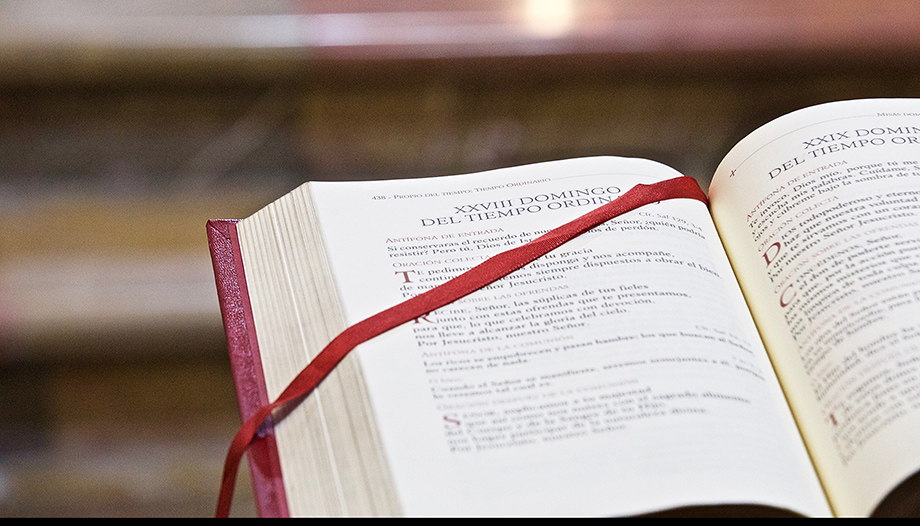In today's Gospel, Jesus is difficult to understand. He begins by talking about the need to carry the cross. We may not like it, but we understand what he is saying. We have to accept hard things in life to be his disciples: a soft and easy life will not get us to Heaven. Our Lord then says some hard things, that each one has to "postpone" a "his father and mother, his wife and children, his brothers and sisters, and even himself."in the sense of radically putting them in second place to God.
But the second part of the Gospel gets confusing. After telling us that we have to carry our cross, Jesus seems to jump to something that has nothing to do with it. He tells us the parable of a man who started to build a tower and couldn't finish it, so he was mocked. Then he tells of a king who goes to war with another king and needs to make sure he has enough men to take on his opponent. If he realizes he doesn't have them, he sends envoys to sue for peace. Jesus ends by saying that we cannot be his disciples unless we give up all our possessions. But what does not being able to finish a tower or realizing that one has a weaker army than the enemy have to do with carrying our cross?
Perhaps the answer lies in realizing that often one of the biggest crossroads we face is simply the need to persevere in what we have started. We may undertake activities or life commitments full of enthusiasm, but when the going gets tough, we start to doubt and think about giving up, and sometimes we do. People give up all kinds of projects for this reason. Or marriages break up. Or people are not faithful to their vocation. When the enthusiasm runs out, when the spark goes out, they give up. Many are good at starting, but fewer have what it takes to see what they have started through to the end. St. Paul shows this heroic perseverance in today's second reading, embracing his imprisonment for Christ and even willing to give up one of the few consolations he had, the presence of Onesimus.
Any self-respecting company goes through difficult times and we have to persevere. We have to keep building even if it is difficult and not try to get back what we once gave up. And if I really don't think I can persevere, maybe I shouldn't start, until I am ready to do so. Like that king who asks for peace. But what he should do then is take the necessary steps to build his army.
Sometimes prudence demands that we do not start something because we realize that we are too weak to do it. But then we ask God for the strength we lack and work to overcome the weakness or bad habits that hold us back.








